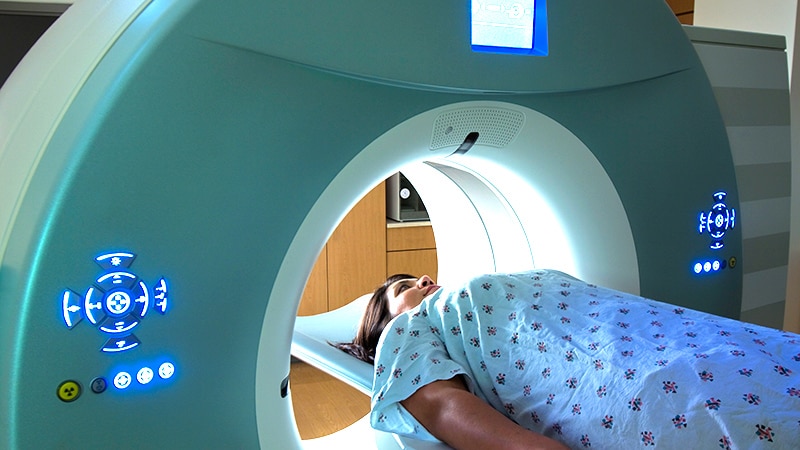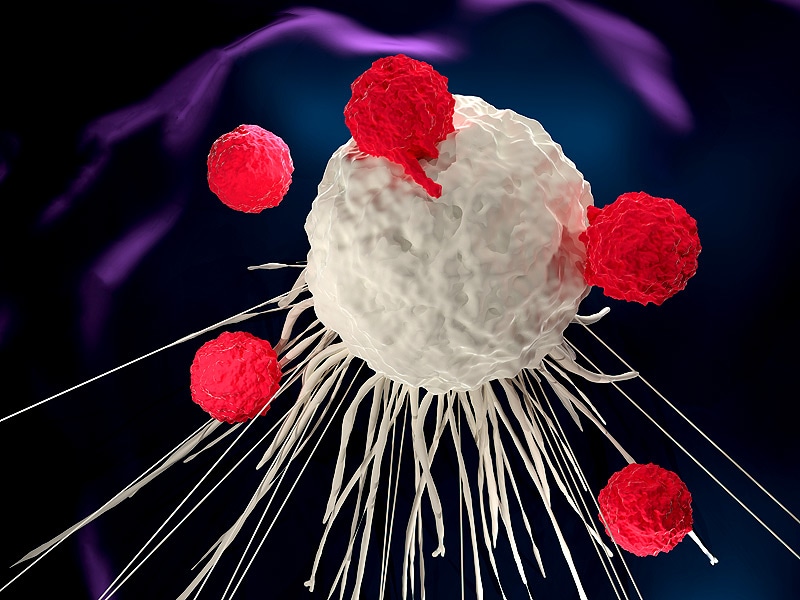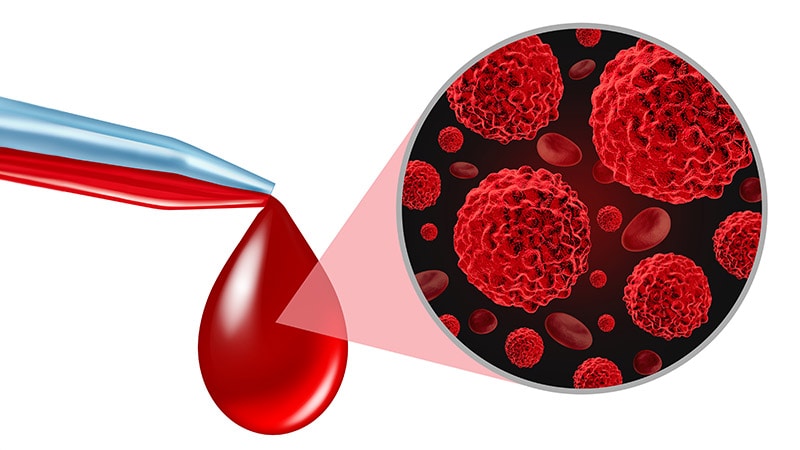Scientists have identified a blood marker that could help predict an individual's risk of developing kidney cancer. The study, supported by the Cancer Research UK, was published in the journal Clinical Cancer Research.
Researchers from the Imperial College London analysed blood samples of 190 individuals who went on to develop kidney cancer vs 190 control participants who did not.
They found that measurement of a protein molecule in blood, called KIM-1, could predict an individual's likelihood of developing kidney cancer during the next 5 years. The concentration of KIM-1 was directly proportional to the risk of developing kidney cancer. Individuals with the highest levels of KIM-1 had a 1%-1.4% predicted risk of kidney cancer vs 0.2% risk for those with the lowest levels of KIM-1. Among patients with kidney cancer, KIM-1 levels were associated with poor survival; those with the highest levels had the worst survival.
Scientists are now looking at potentially incorporating blood KIM-1 level measurement as a diagnostic tool alongside imaging to confirm suspected kidney cancer, or to rule out the disease. Talking about the possible prognostic utility of the biomarker, the study author, Dr. David Muller, said: "The next steps are to look more closely at whether KIM-1 levels can help detect tumours that have a good prognosis, so those at an early stage, and to find out if it could be used as a tool to track whether a patient’s treatment is working.”



